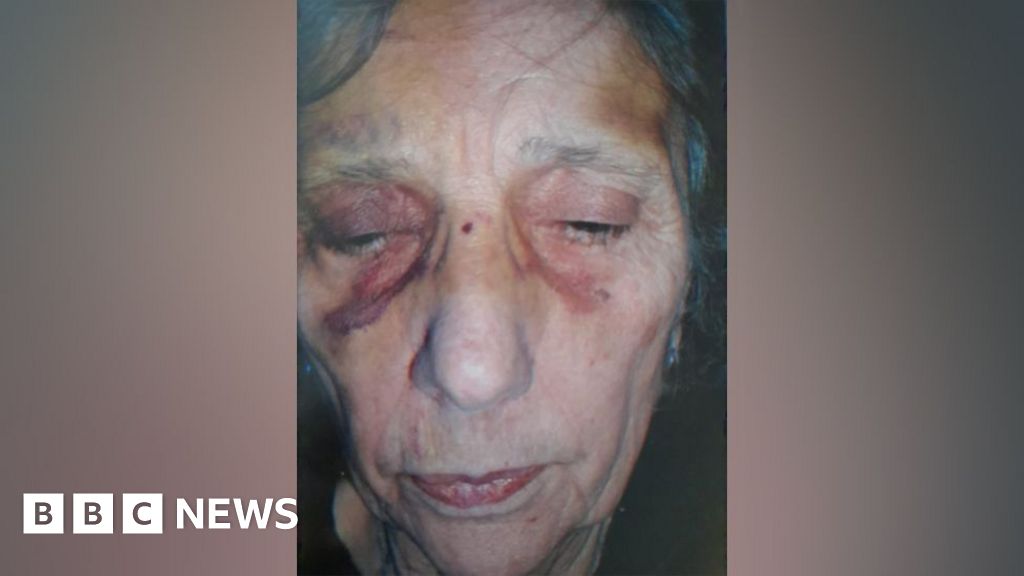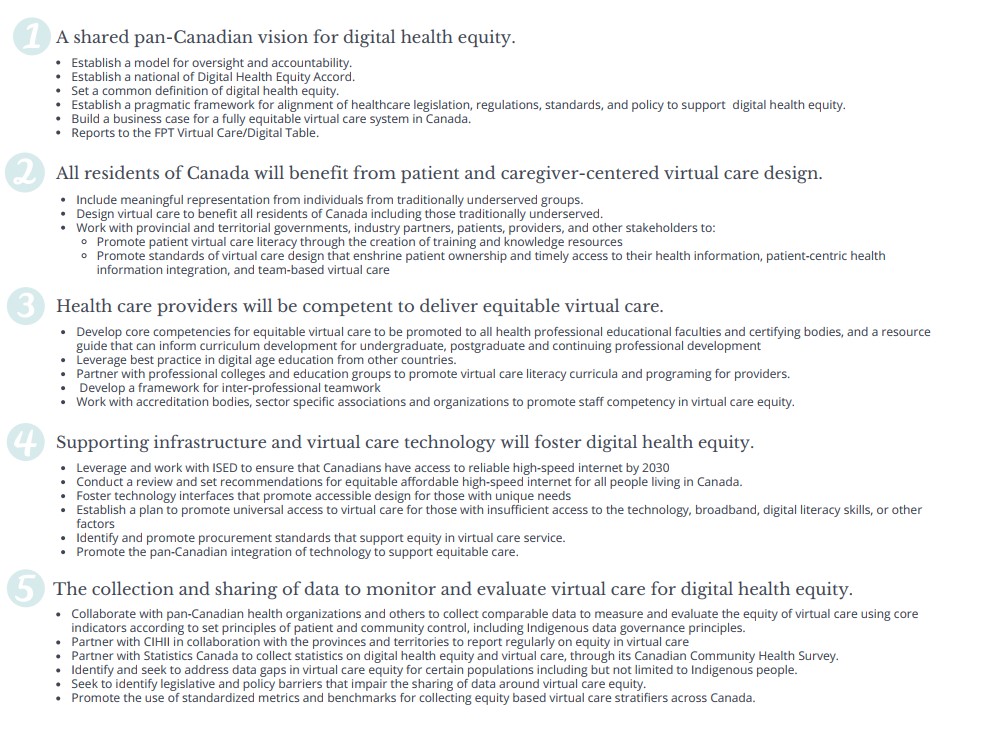Why Enthea Thinks Psychedelics (And Technology) Can Make Mental Healthcare More Accessible To Everyone

Sherry Rais recently spoke about the tabooness of psychedelics at the 2023 Web Summit in Lisbon, … [+]
When I asked Enthea co-founder and chief executive Sherry Rais to describe herself during an interview conducted recently via videoconference, she demurred. It was almost as if she didn’t know.
“Who I am? It depends sometimes; I’m still figuring it out,” she said.
After some contemplation, Rais explained her background—and the bedrock to starting her company—lies in focusing her life’s work up til now to reducing poverty in the developing world. She spent a decade consulting to organizations like the United Nations and World Bank, during which she spent time in what she termed “some of the world’s most resource constrained environments” such as Afghanistan, Nigeria, Syria, and Yemen. It was during this period of her life Rais told me she “saw firsthand that you can’t really address poverty without addressing mental health.” Even in developed countries, she said, mental health is somewhat still seen as a taboo topic. Rais eventually waded her way into the psychedelic space, where she discovered clinical data and studies showing that the use of psychedelics “showing incredible results” of people going into remission from their mental health conditions in just a few sessions. That knowledge eventually led her to build Enthea.
“I was really blown away by that data,” Rais said of what led her to start Enthea. “I dove deeper into it and then saw that, turns out, these medicines aren’t really available, they’re not accessible. Most of them are controlled substances. They’re not even available in the United States yet. When they do become available, They’re going to be really expensive. That whole path eventually led me to help create an idea.”
On its website, Enthea describes itself as providing what they call “ketamine-assisted therapy” by enabling these types of mental health therapies to employers. In a nutshell, Enthea is a third-party administrator of health insurance plans—and in fact the only one, it boasts, to offer psychedelic healthcare as a workplace benefit.
Connecting the proverbial dots to accessibility and disability is easy to do with deeper exploration. Firstly, disabled people do work and receive benefits. October was National Disability Employment Awareness Month. Second, it’s very much the case that, whether employed or not, those in the disability community—myself included—struggle mightily with maintaining positive mental health through traditional means like medication and therapy. As such, it’s highly plausible access to psychedelic therapies like what Rais and Enthea espouse could be literally life-changing for people in the disability community. What’s more, the sheer fact that, technologically speaking, Enthea has an informative website is useful for a disabled person to share with their caretakers or or other advocates (family, friends, social workers, etc) and show them these methods perhaps could help them better cope with life.
For her part, Rais said technology aids Enthea (and the people who use psychedelics for their mental health) in its mission in myriad ways. She told me telemedicine can be advantageous to both patient and therapist in preparing for psychedelic treatment. That this can be done virtually, Rais said, “definitely makes it easier [and] more affordable and removes the barrier to access for a lot of people.” Moreover, she added psychedelic treatment, as a journey of sorts, can be made more accessible through apps designed for patient monitoring, data collection, and more tasks. One such “more” tasks involve what Rais called “less exciting and unsexy” things like claims processing and reimbursement.
Rais was candid in opening up to me about when she first started exploring psychedelics-as-therapy, in 2018, she couldn’t be open about her endeavors with family and friends, because she was afraid they wouldn’t understand. After all, she had left her role working inside some of the most prestigious institutions in the world to essentially fiddle with drugs. Rais said attitudes have shifted significantly since, citing media like an ESPN documentary on psychedelics and traumatic brain injuries.
“There’s been such great coverage of the benefits,” Rais said. “Most people have heard of these medicines and, even in my own experience, I’m no longer worried or scared to talk to people about the work I do. Everyone’s interested and excited and curious about what I’m doing.”
Commensurate with the turning of the tide with press coverage, Rais told me she and the team have received “extremely positive feedback” on their work from everyone from investors and industry advocates to therapy providers and more. The team initially was concerned they would have a ”huge education hurdle to get over” when trying to get people onboard with supplying these types of therapies as a benefit to workers. It turns out, the reaction from early adopters has been great, with Rais saying they have evangelists who have experienced ketamine-assisted therapies inside companies who try to educate anyone unconvinced. Selling what’s in essence mental health insurance is an emotional proposition in a way that dental coverage decidedly is not.
“When you are selling mental health benefits—so many people right now are struggling in some way with their own mental health—it really is an emotional sell,” Rais said. “We are connecting with people as we’re talking to them about our offering, and I think that resonates and explains the positive reception we get from people.”
Asked about Enthea’s hopes and dreams, Rais was succinct.
“What we hope ourselves, and for others, is having more conversation [about mental health] and bring awareness of its importance,” she said.
Rais expounded on her statement, saying she’s “grateful” for the opportunity to help heighten awareness of what she called the “gravity of the mental health crisis.” She wants people to realize there are alternative solutions out there to treating mental health—which indeed can be as disabling as any physical condition—beyond traditional ones like SSRIs and therapy. A lot of these people are without hope.
“We want to show these [psychedelic] treatments are innovative and effective and safe and more accessible to people, regardless of their income,” Rais said. “We don’t think cost should be a barrier.”
link






